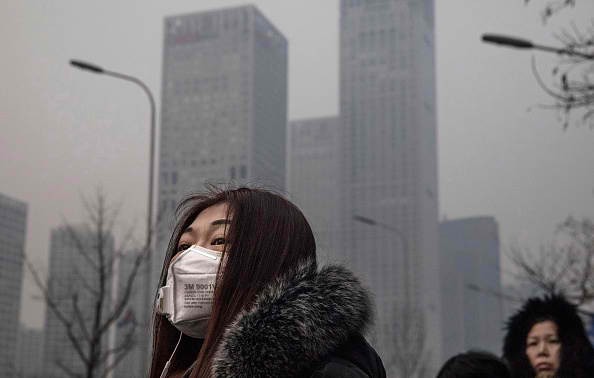Public sentiment against the apparent idleness of authorities against heavy smog in China's urban areas have intensified by the day. But last weekend, Chinese government ministries have finally spoken about the country's worsening pollution problem, promising to get rid of it step-by-step.
As reported by Xinhua, Environmental Protection Minister Chen Jining expressed his guilt on China's ongoing air pollution debacle in a press conference in Beijing. Chen noted that the smog problem started afflicting the country since the start of winter last year.
Adding that the smog has totally strained the daily lives of many Chinese people, Chen promised to take thorough action. In a Global Times report, he pointed to the generally cold weather and poor winter heating systems as among the reasons behind the heavy smog.
The National Meteorological Center resonated with Chen's remarks, emphasizing that conditions brought forth by winter has helped prolong air pollution. The urban corridor along the capital Beijing, the industrial city of Tianjin, and the metropolises within Hebei Province, has suffered heavily from the smog.
The high usage of automobiles in urban areas served as a major cause of smog in China's urban areas. Automobile emissions account for 31.3 percent of pollutant particles in Beijing, while the same accounts for 29.2 percent in Shanghai and 28 percent in Hangzhou, Chen noted.
Beijing acting mayor Cai Qi said that the city plans to help solve the problem through the organization of an environmental police force. Cai said that said force will be present in the capital's 16 districts, as part of his stricter actions against air pollution in 2017.
Meanwhile, the National Health and Family Planning Commission reassured the public that there is no medical study proving that the current smog problem isn't cancerous. Mao Qun'an, director of the agency's publicity center, said that insinuations linking smog to cancer remains premature.
Nonetheless, the agency vows to play its part by assisting the most vulnerable sectors--the children and the elderly specifically--against the ill effects of air pollution due to smog. It also promised to provide a fixed standard to ensure the effectiveness of air purifiers and masks.



























